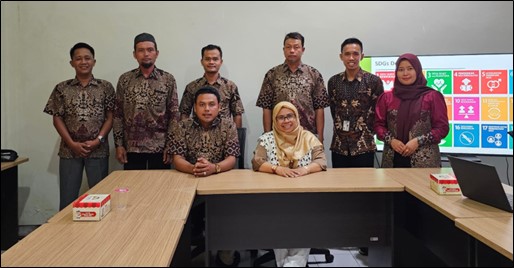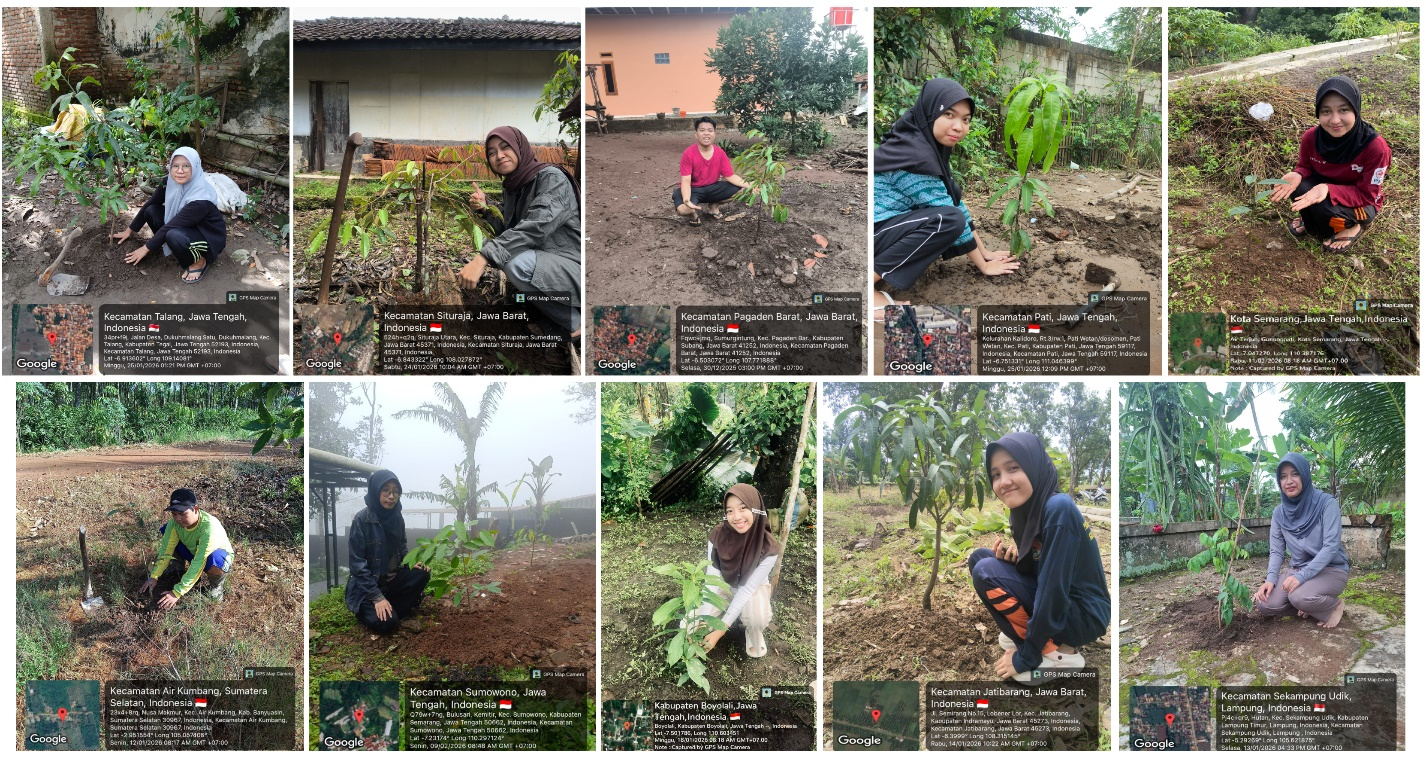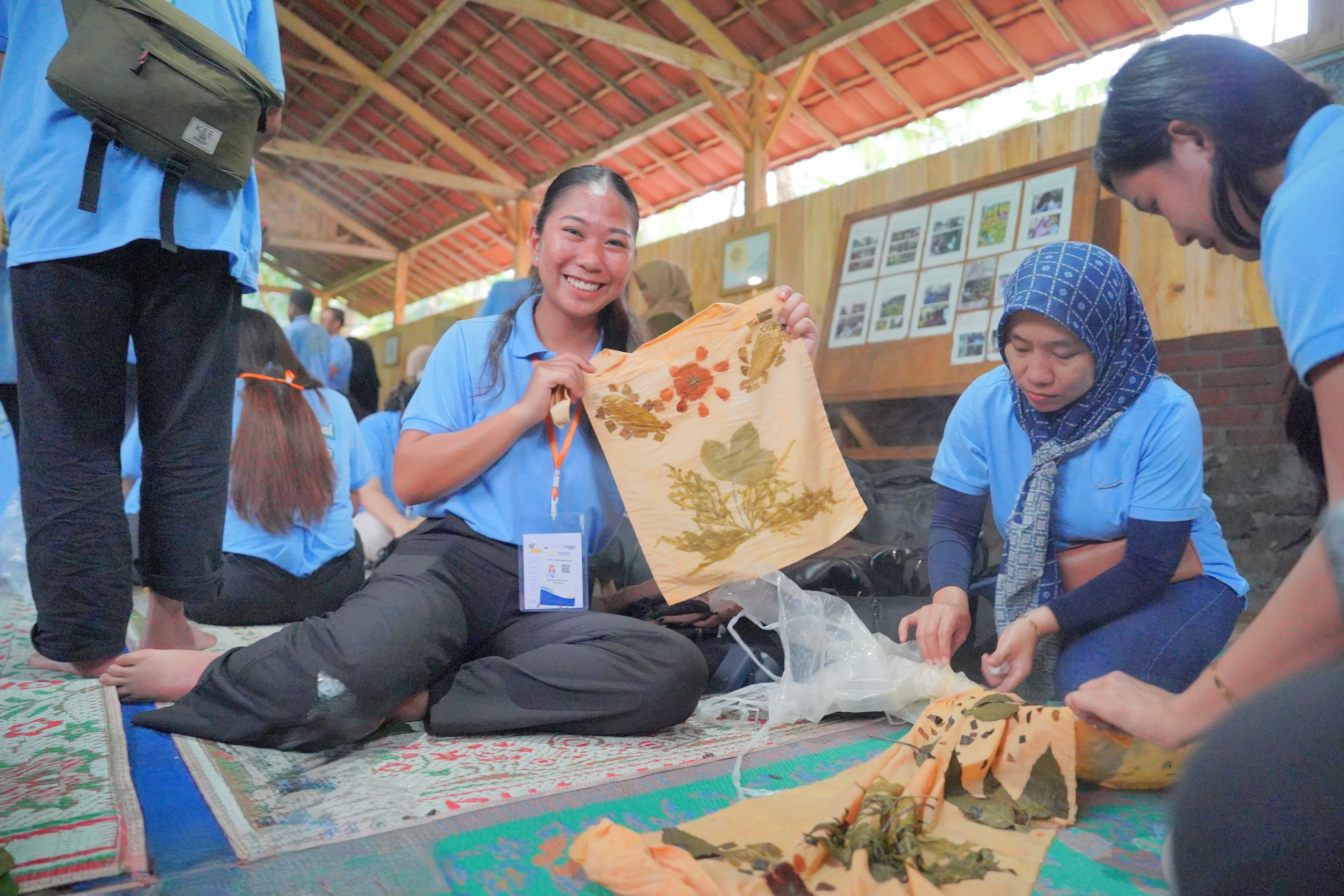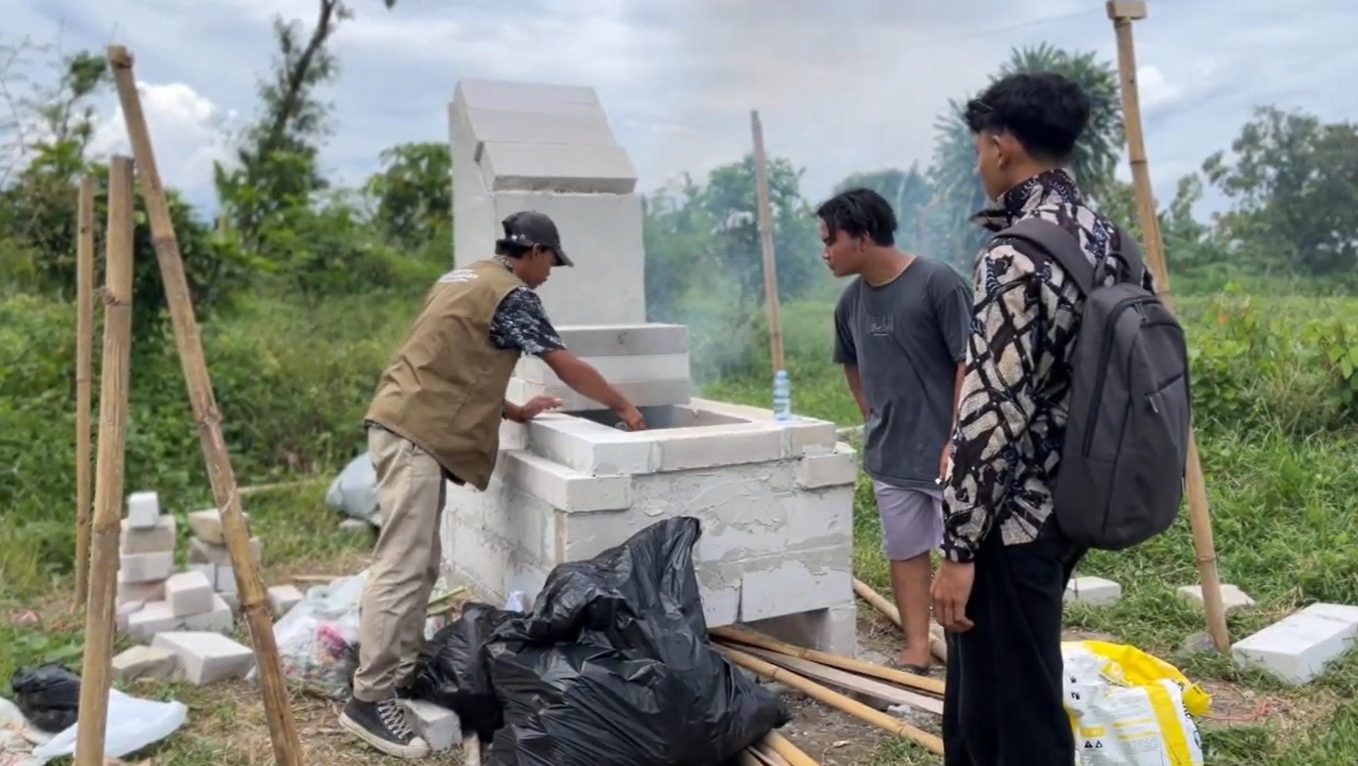Dalam upaya mendukung Sustainable Development Goals (SDGs) yang diadopsi oleh 193 negara anggota PBB, tim pengabdian Universitas Negeri Semarang (UNNES) menggelar kegiatan sosialisasi penyusunan perencanaan pembangunan desa berbasis SDGs Desa bagi perangkat dan masyarakat Desa Gadu, Kecamatan Sambong, Kabupaten Blora, Jumat (20/09/2024). Kegiatan yang bertempat di ruang rapat Fakultas Ilmu Sosial dan Ilmu Politik (FISIP) UNNES ini bertujuan untuk memperkuat pemahaman masyarakat dan perangkat desa terkait akan pentingnya perencanaan pembangunan yang inklusif dan berkelanjutan.
SDGs Desa merupakan inisiatif penting yang bertujuan untuk menciptakan desa yang mampu menghadapi tantangan masa depan dengan memanfaatkan potensi lokal. Hal ini sejalan dengan Permendesa Nomor 21 tahun 2020, yang mengatur tentang tata cara pembangunan desa berbasis SDGs. Dalam konteks ini, UNNES berkomitmen untuk berkontribusi langsung memberdayakan masyarakat desa melalui pemahaman yang lebih baik tentang perencanaan pembangunan.
Kegiatan sosialisasi ini merupakan program inisiatif dari ketua pengabdian, Moh. Aris Munandar, S.Sos., M.M. dan beranggotakan Prof. Dr. Ngabiyanto, M.Si., Dr. sos. Puji Lestari, M.Si., Prof. Dr. Suyahmo M.Si., Yozi Aulia Rahman, S.E., M.Sc., dan Ahmad Syahrul Fauzi, S.E., M.Sc. Dalam sesi pemaparan, tim pengabdian UNNES tersebut menjelaskan pentingnya Rencana Pembangunan Jangka Menengah Desa (RPJM Desa) serta bagaimana dana desa dapat digunakan secara efektif untuk mencapai tujuan SDGs.
“Keterlibatan akademisi dari perguruan tinggi secara langsung untuk menyelesaikan berbagai masalah yang terdapat di masyarakat diperlukan agar kami dapat mengimplementasikan teori yang dipelajari untuk memberikan solusi bagi pembangunan, terutama di wilayah pedesaan,” ungkap Moh. Aris Munandar, S.Sos., M.M.
Setelah pemaparan, kegiatan dilanjutkan dengan sesi diskusi. Masyarakat dan perangkat desa berdialog langsung dengan tim UNNES, membahas teknis implementasi dan kesesuaian program pembangunan di Desa Gadu dengan SDGs Desa. Diskusi ini merumuskan kolaborasi antara akademisi dan masyarakat dalam menyusun rencana pembangunan yang sesuai dengan kebutuhan dan potensi lokal.
Sebagai tindak lanjut, tim pengabdian UNNES berencana untuk memberikan pendampingan secara daring dan luring, agar masyarakat Desa Gadu semakin siap dan mampu menyusun perencanaan pembangunan yang lebih baik. Dukungan ini diharapkan dapat mendorong desa untuk bertransformasi menjadi lebih inklusif dan berkelanjutan, sejalan dengan visi SDGs yang telah dicanangkan oleh pemerintah.
Melalui kegiatan ini, UNNES tidak hanya berperan sebagai lembaga pendidikan, tetapi juga sebagai mitra strategis dalam pembangunan desa, mendorong masyarakat untuk berpartisipasi aktif dalam menciptakan masa depan yang lebih baik bagi desa mereka.




